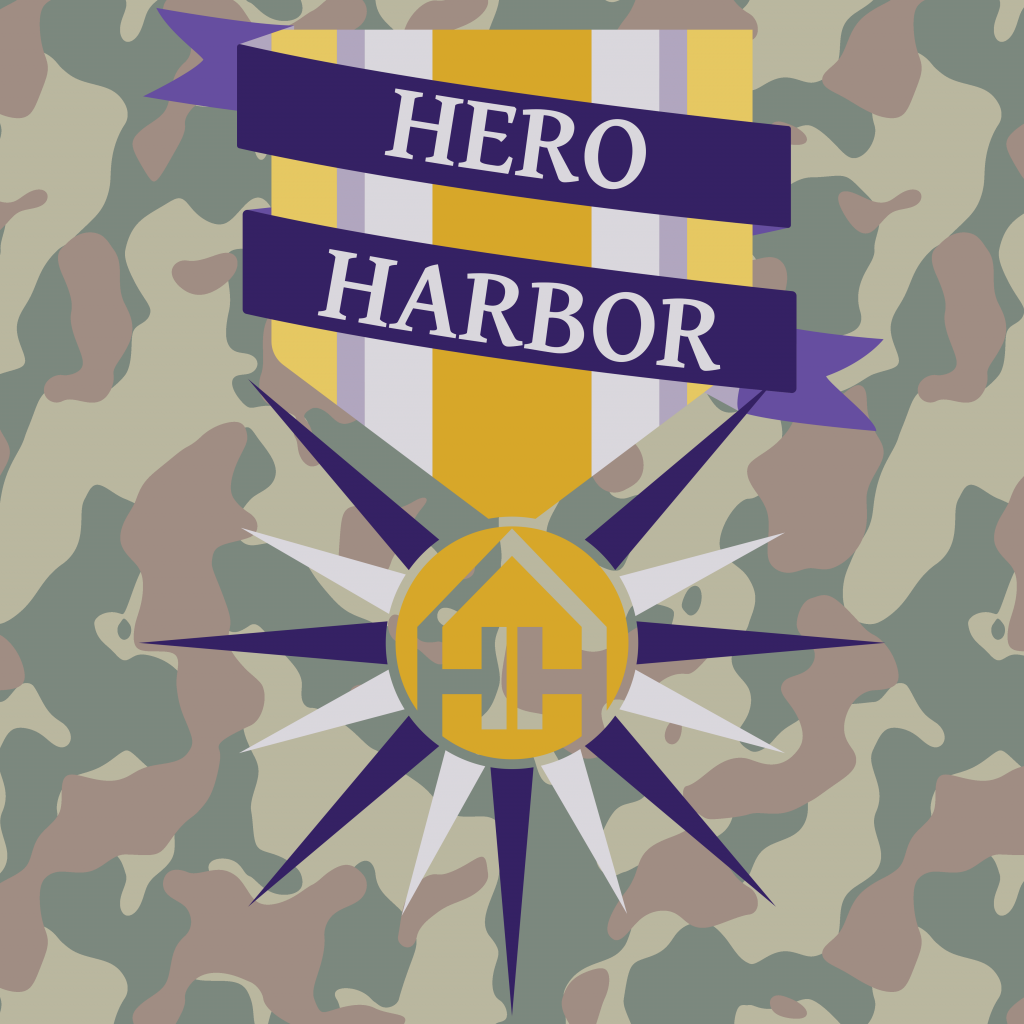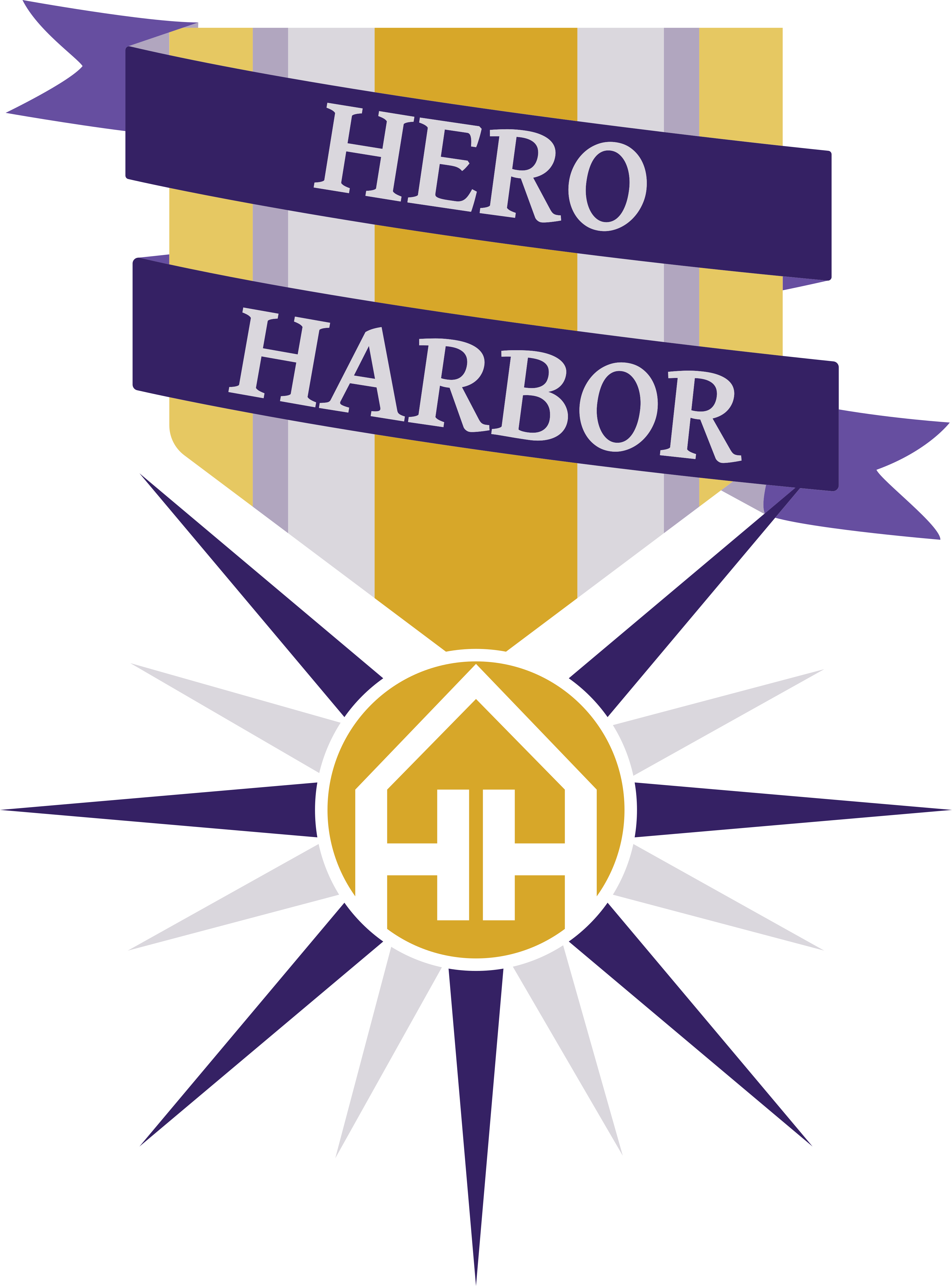
Because No Hero Serves Alone
The best way to understand the Hero journey is to hear it directly from the men and women who are living it. The Hero Harbor Podcast mission then is to give a voice to as many Heroes from all kinds of service as possible. The aim is to offer them a safe, judgment free space from which to tell their stories. Podcast episodes are not broadcast live and every guest has my solemn promise to make them as comfortable as I can and to provide the best possible experience.
It’s been almost three years since I last launched a Hero interview. In that time I’ve moved cross country, spent two years “asphalt surfing” as my friends call it and learned things I couldn’t have learned any other way. Therefore, I’m restarting the podcast from scratch with a renewed mission, focus and passion. Our Heroes need us and together we have the capacity to make a difference for them. Past Hero interviews will be worked into the line up as “throwback” episodes.
If you have a story to share, please click the button below to schedule our conversation.
Tell Us Your StoryCurrent episode:
Past Episodes:
This episode “When Heroes Experience Pain” aired around the time we founded Hero Harbor. It is probably the best way I have of helping you understand why Hero Harbor was created, what we aim to do and why believe so strongly in it.
This old episode is an interview with Desert Storm-era Army veteran Rick Stevens. It has always been a very important story and one of my favorites but has taken on even more significance in light of things I recently learned. In the early days of the pandemic, I did a lot of research via documentaries and audiobooks. From the knowledge I gained sprang the idea to shine a spotlight on and, as best I could, personalize the individual lives and losses of our Hero brothers and sisters via suicide. To get more information, I reached out to my Hero network and was connected to a resource at the VA who shared with me some terribly disappointing and frustrating information that directly relates to Rick’s story and those like him.
Rick’s story is best heard in his own words, but here is what I recently learned: When I asked my VA contact about the suicide numbers, the initial response was, “Do you want suicides or overdoses?”. Of course, my response was, “Dead is dead; what’s the difference?” As it was then explained, the VA differentiates between the two. As a female veteran with numerous (ancient history) suicide attempts under her belt and knowing that overdose is frequently the method of choice for women, my first thought was, “Great, yet another way of marginalizing the female demographic.”
As I continued to ask questions, I learned at least part of the reasoning is that due to illicit Fentanyl, which hit the streets in 2005 (long after Rick’s story), many of the overdoses weren’t intentional suicides. But for me, all that does is scream even louder the obvious need to reach our Heroes before they get to such an incredibly low point that substance abuse of any kind feels like their only option.
Therefore, the ongoing focus of this podcast is to look at both the events that lead to the escalating loss of Hero life post service and also the horrible organizations I’ve encountered that are paid (sometimes multi-millions of dollars) to help our Heroes but instead use that money for their own personal gain and only make the problems worse.
I beg your patience as I put this all together. It is a very big mission, and I’m an overachieving perfectionist who wants it to be right, in order to make the most impact. That being said, volunteers are always welcome.
